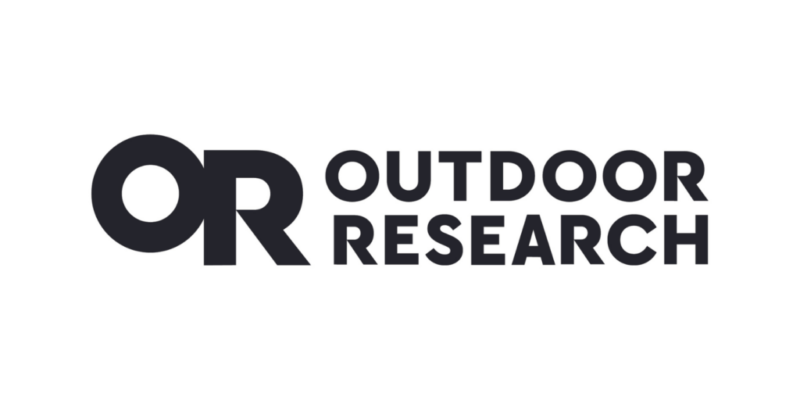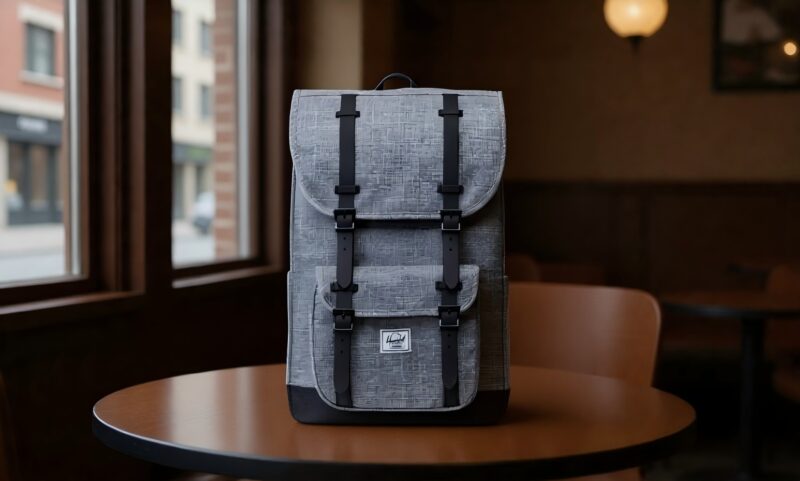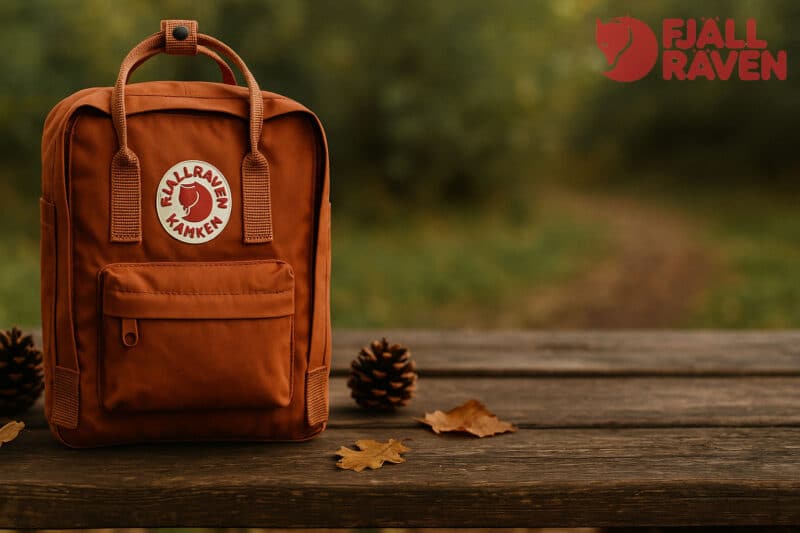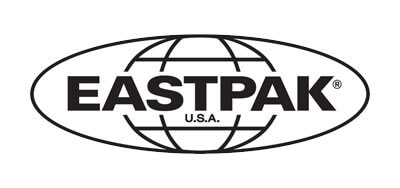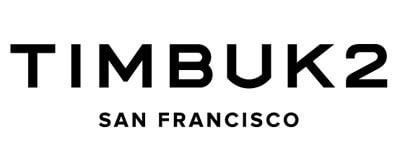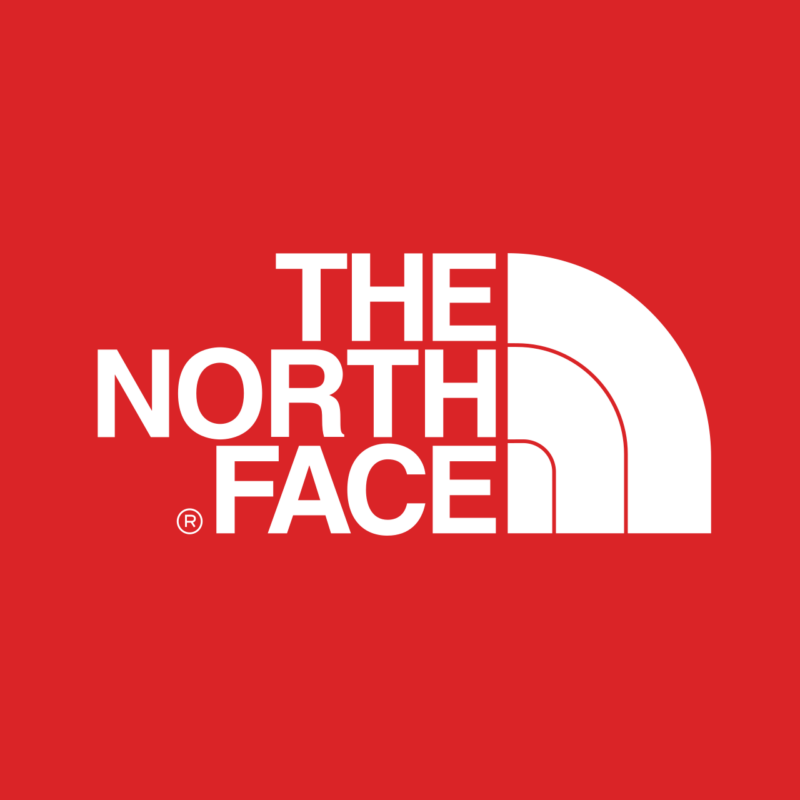1. Introduction to Dakine
Dakine is a globally recognized lifestyle brand born from Hawaii’s surf culture. Founded in 1979 and now headquartered in Hood River, Oregon, Dakine creates rugged backpacks, surf accessories, and snow gear for athletes who demand performance and durability.

2. Brand Origins & Growth
Founded by Rob Kaplan on Maui’s North Shore, Dakine started with high-performance surf leashes. The name comes from Hawaiian Pidgin (“da kine”), meaning “the best.”
From its surf roots, Dakine expanded into snow, skate, and bike categories. By the 2000s, its backpacks became icons in action sports, blending functionality with West Coast style.

3. Top-Selling Backpack Models
- Mission 25L – Snow-ready daypack with vertical snowboard carry
- Campus 33L – Student/commuter pack with padded laptop compartment
- Heli Pro 20L – Streamlined ski/snowboard pack with rescue features

4. Outdoor Functionality & Technical Design
Signature features defining Dakine’s performance edge:
- Sport-specific carrying systems (ski/board straps)
- Hydration compatibility and DWR-coated zippers
- Fleece-lined goggle/sunglass pockets
- Recycled materials and emergency safety features
Advanced Technical Features
Hidden waist belts, whistle buckles, and alpine-ready construction
5. Product Features & Design Philosophy
Dakine’s design approach blends technical innovation with practical functionality:
Core Design Principles
- Activity-Specific Engineering: Products tailored to surfing, snowboarding, biking and skateboarding needs
- Durability Focus: Reinforced stress points and abrasion-resistant materials
- User-Centric Details: Intuitive access points and ergonomic considerations
Signature Product Features
- Weather Protection: Waterproof zippers and DWR coatings
- Organization Systems
- Comfort Engineering: Breathable back panels and weight-distributing straps
- Specialized Storage: Insulated cooler pockets and goggle compartments
Material Innovation
- High-density nylon and ripstop polyester construction
- REPREVE® recycled fabrics in key product lines
- Premium YKK zippers and Duraflex hardware
6. Target Audience Analysis
Dakine serves diverse user groups with specialized needs:
Action Sports Enthusiasts
Professional and amateur athletes in:
- Surfing & Windsurfing
- Skiing & Snowboarding
- Mountain Biking
- Skateboarding
Adventure Travelers
Global explorers needing:
- Durable luggage solutions
- All-weather protection
- Gear organization systems
Urban Professionals & Students
Daily commuters prioritizing:
- Laptop protection
- Organization features
- Style-conscious designs
Eco-Conscious Consumers
Sustainability-focused buyers seeking:
- Recycled material options
- Ethical manufacturing
- Durable products
7. Social Responsibility & Sustainability
Dakine’s commitment to responsible business practices:
Environmental Initiatives
- Material Innovation: Increasing use of recycled polyester and bluesign® approved fabrics
- Waste Reduction: Manufacturing processes designed to minimize material waste
- Product Lifespan: Durable construction to reduce replacement frequency
Community Engagement
- Sponsorship of action sports events and athletes
- Partnerships with environmental organizations
- Support for youth sports programs
Ethical Manufacturing
- Code of Conduct for manufacturing partners
- Regular factory audits
- Fair labor practices
“Our goal is to build products that last while minimizing our environmental footprint at every stage.”
Dakine Sustainability Report
8. User Reviews & Brand Reputation
Dakine maintains strong market standing through consistent quality:
Customer Feedback Highlights
Common Praise in Reviews
- “Exceptional durability in extreme conditions”
- “Thoughtful organization features for specific sports”
- “Comfortable even during extended use”
- “Worth the investment for long-term performance”
Professional Endorsements
- Trusted by professional snowboarders and surfers
- Featured in outdoor gear “best of” lists annually
- Used by backcountry guides and expedition teams
9. Product Comparison Guide
| Model | Capacity | Main Use | Material | Special Features |
|---|---|---|---|---|
| Mission 25L | 25L | Snowboarding / Daily | Recycled Polyester | Snowboard carry, hydration sleeve, organizer pocket |
| Campus 33L | 33L | School / Commuting | 600D Polyester | Laptop sleeve, fleece sunglasses pocket, large storage |
| Heli Pro 20L | 20L | Backcountry Skiing | High-Density Nylon | Vertical snowboard carry, rescue whistle, snow tool pocket |
Interested in rugged material specs? Check out our guide to Sustainable Backpack Materials.
10. Retail Strategy & Positioning
Dakine’s global retail strategy leverages a multi-channel approach, including DTC e-commerce, brick-and-mortar partnerships, and specialty outdoor retailers. The brand is often found in premium sporting goods stores and adventure gear chains across North America, Europe, and Asia.
Positioned between mass-market brands and ultra-premium technical lines, Dakine balances affordability with technical credibility—making it appealing to younger, experience-driven consumers and athletes.
Its product lines are segmented by activity (surf, snow, skate, bike), allowing distributors to target niche market verticals with high-margin SKUs.
11. Collaborations & Limited Editions
Dakine frequently collaborates with pro athletes, artists, and lifestyle brands to release limited-edition gear. These collections often feature custom prints, premium materials, and exclusive colorways that drive demand and elevate brand cachet.
- Artist Series – Packs featuring unique graphics by board sports artists.
- Pro Model Editions – Co-branded backpacks developed with top snowboarders and surfers.
- Eco Series – Limited runs of sustainable backpacks using REPREVE® or bluesign® fabrics.
For buyers, these special releases offer seasonal refreshes and sell-through potential at higher price points. Want to develop your own collaboration line? Check our Custom Branding Services.
12. OEM/ODM Considerations
Replicating the success of a brand like Dakine requires attention to both material quality and brand positioning. From an OEM perspective, key factors include:
- Using weatherproof or recycled materials for brand values alignment
- Offering modular compartments for specific sports (e.g., ski carry or skate straps)
- Customizing hardware (zippers, buckles, clips) for field usability
- Adding branding elements like embossed logos, woven patches, or custom linings
We offer full-cycle ODM services—from technical design drawings to mass production—for clients seeking to enter or scale in the outdoor gear category. Get in touch for prototyping and pricing details.
FAQs
1. Is Dakine involved in sustainability initiatives?
Yes. Dakine uses recycled materials like REPREVE® polyester and eco-conscious manufacturing for select products.
2. Can Dakine-style technical features be OEM manufactured?
Absolutely. Our production team can incorporate hydration compatibility, snowboard straps, and DWR coating for your custom designs.
Let’s Build Your Adventure-Ready Backpack Line
Inspired by Dakine’s mix of functionality and style? Our OEM team can help you create bags that perform in extreme conditions — with your brand front and center.



